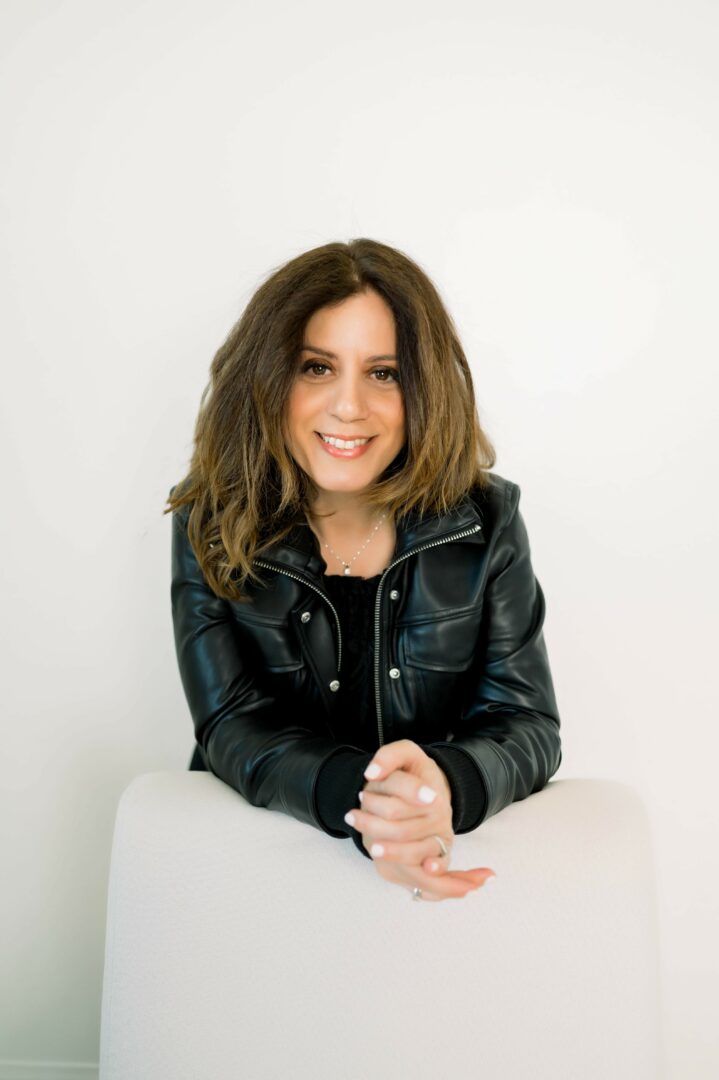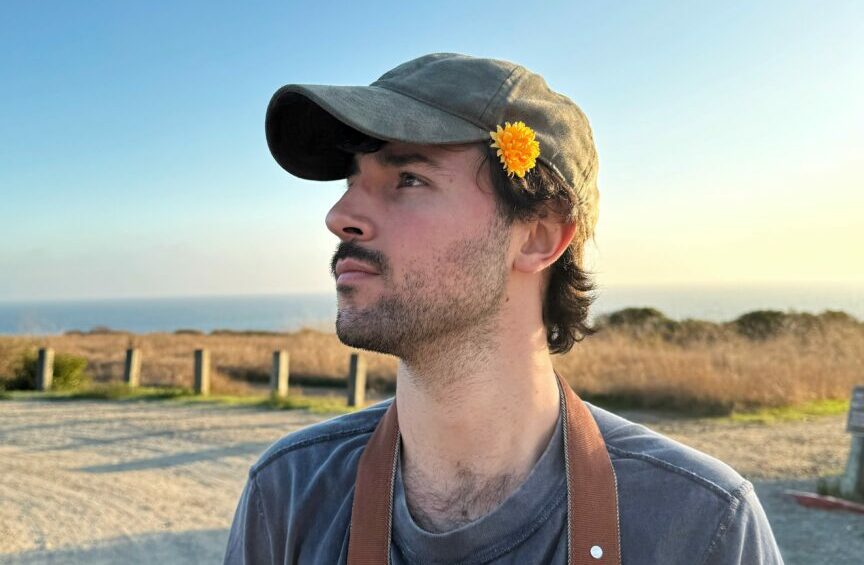We were lucky to catch up with Dr. Vinod Prakash recently and have shared our conversation below.
Dr. Vinod , so good to have you with us today. We’ve always been impressed with folks who have a very clear sense of purpose and so maybe we can jump right in and talk about how you found your purpose?
I grew up in a lower-middle-class family in a small town in pre-independence India. My family was involved in the Freedom Movement and was greatly influenced by Mahatma Gandhi. His words “The best way to find yourself is to lose yourself in the service of others” have been a constant inspiration for me growing up and perseverance, education, and a strong work ethic were my passport to a better life. I completed a master’s in math and followed it up with a master’s in statistics, thanks to my sisters, who pooled money to help me complete my second degree at the Indian Statistical Institute in Kolkatta. Soon I won the Ford Foundation scholarship to MIT and arrived in the US in 1960 with my new bride, Sarla, and two suitcases – one filled with clothes, the other with Indian spices. I went on to complete a PhD in economic statistics from MIT and landed a job at the World Bank in Washington D.C.
However, a strong urge to give back to the underprivileged in a society that had helped me succeed compelled me to take an early retirement as a senior economist from the World Bank and set up the India Development and Relief Fund (IDRF) in 1988. Since then, I have devoted 35 years of my life to volunteering for the IDRF, a US-based 501(c)(3) tax-exempt public charity set up with a mission to break the cycle of poverty in India.
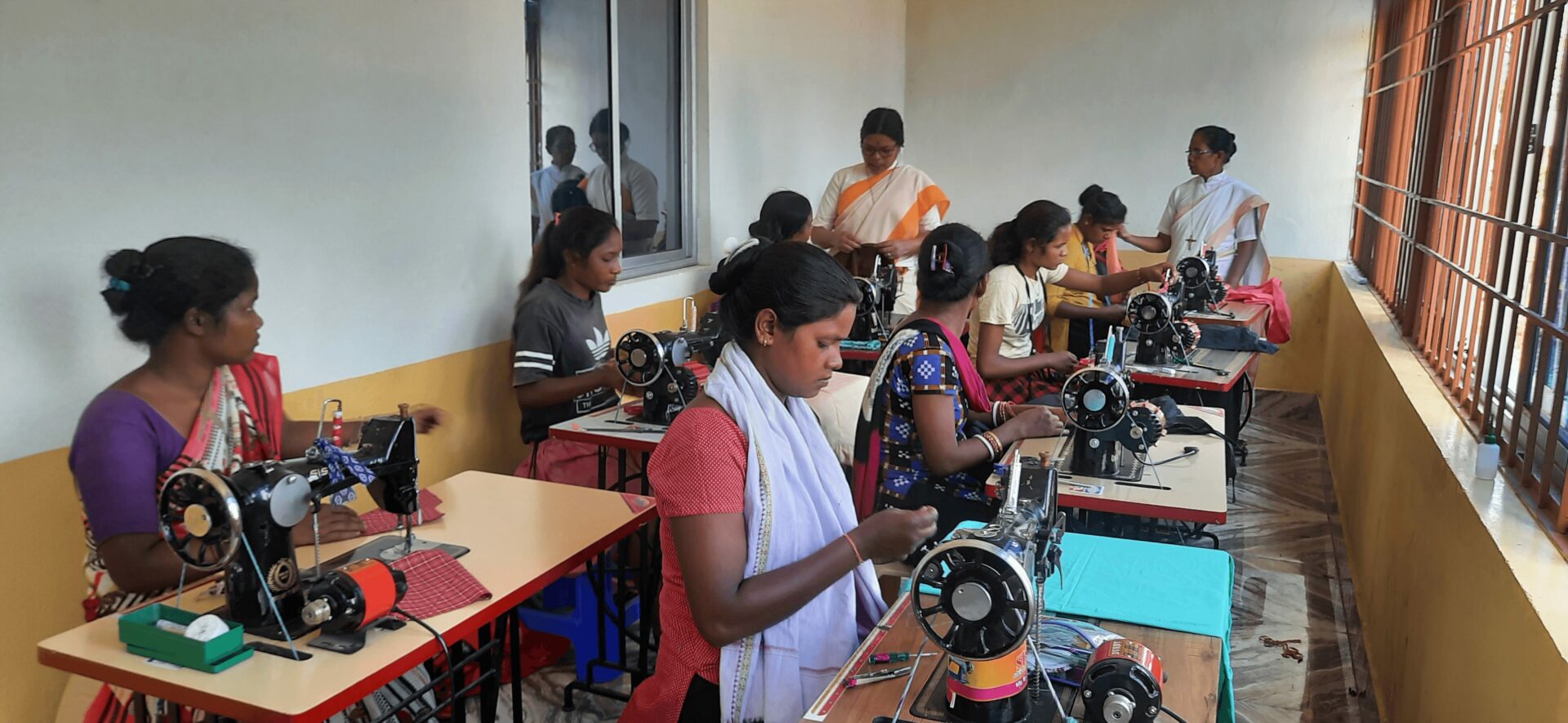
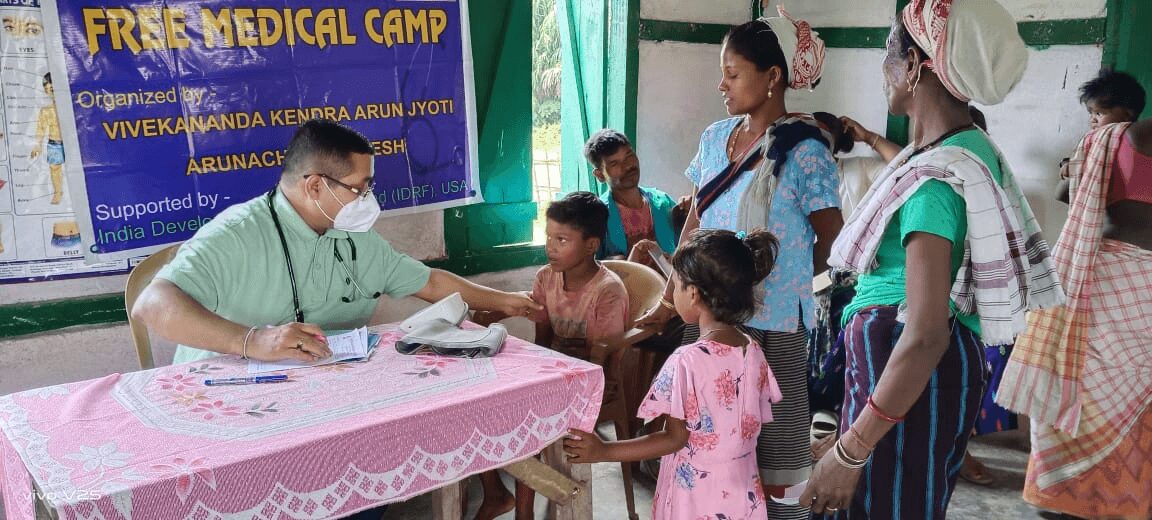
Great, so let’s take a few minutes and cover your story. What should folks know about you and what you do?
On one of my first IDRF trips to rural India, I was wonderstruck to see villagers sharing their sleeping and living areas with their cattle. I found myself heavy-hearted, fighting back tears. This was a turning point for me; I was inspired to serve the downtrodden for as long as I lived. I resolved to focus on building IDRF to serve the poorest of the poor with zeal and spirit. Now I am 92 years old and visually impaired but I have not slowed down a bit. I am actively involved in the day-to-day working of IDRF and continue to work pro bono as the President and CEO. Had it not been for my deep commitment and passion for serving the marginalized I would not have recovered from the depression that followed my visual impairment due to medical negligence in 2010. The greatest pleasure I have known in my life has come from the good work I have been able to do through IDRF.
IDRF’s goal has been to put power, not charity, into the hands of the impoverished through development programs implemented by reliable local NGOs. In the past 35 years, IDRF has raised funds from individual donors in the US and has disbursed grants of over $55 million to over 90 NGOs to bring about long-term, sustainable, grassroots development and disaster relief in India, Nepal, and Sri Lanka. IDRF also offers a unique platform to fulfill your dream of giving back to the needy or in the memory/honor of a loved one through a Donor Preference program (including through Corporate Matching if applicable). When you donate, you receive an immediate tax deduction and then recommend grants from your funds over time to your favorite cause, charity, or state in India. We maintain the highest compliance standards and one of the lowest overheads in the industry at only 5% (administration and fundraising). Over 95% of the funds are sent directly to the beneficiary NGOs.
IDRF has received the top-most accreditation and recognition from the industry. Guidestar has awarded IDRF the Platinum Seal, and Charity Navigator USA has conferred 4 out of 4 stars for demonstrating strong financial health and a commitment to accountability and transparency. Greatnonprofits.org considers IDRF a top-rated charity with 5-star ratings based on independent reviews. I have been privileged to receive more than 20 local, national, and international awards for my service to the underprivileged through IDRF.
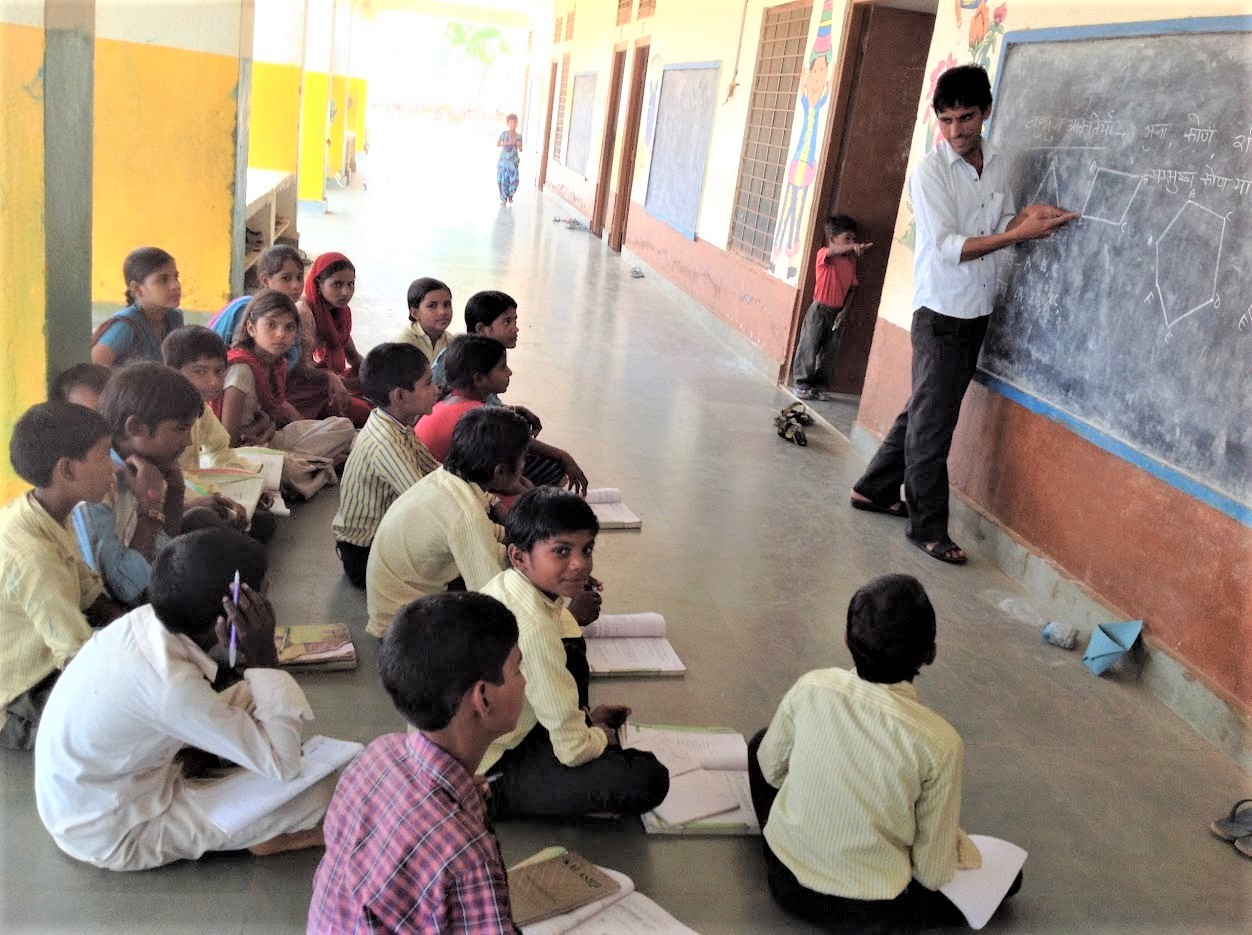
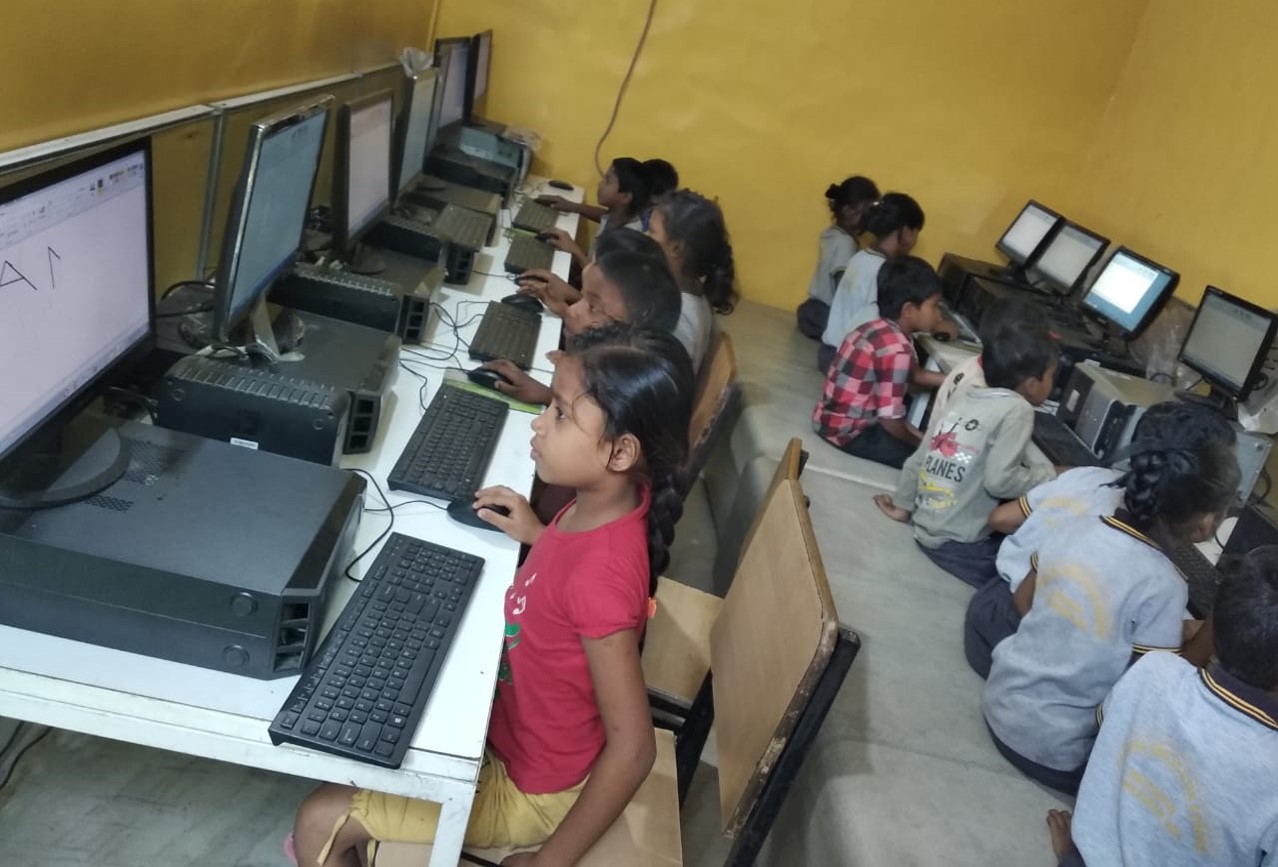
Looking back, what do you think were the three qualities, skills, or areas of knowledge that were most impactful in your journey? What advice do you have for folks who are early in their journey in terms of how they can best develop or improve on these?
Every morning, I pray along with my wife Sarla, that we are blessed by God to be living on this planet despite all the challenges life has thrown at us. I serve my motherland, the less fortunate, and adhere to the truth that helps overcome challenges like losing a child to leukemia, raising another child with severe cerebral palsy and epilepsy, and the total loss of my vision due to medical negligence. My passion to serve the downtrodden in India not only remains intact but has grown stronger. I strongly believe that “we make a living by what we get, but we make a life by what we give”. The blessings of thousands of souls that IDRF has served keep me going with my seva (serving selflessly) for my motherland.
My advice for the folks who are starting their journey is that the most important aspect of starting, running, and growing any public charity is to have a clear vision of what you want to accomplish and the determination to carry it through even in the most difficult times. Even after losing my eyesight, I overcame the inevitable state of a deep depression by continuing to serve the marginalized in India, Nepal, and Sri Lanka.
The second most important tip is to surround yourself with people who share your vision and who are not motivated purely by money. Fortunately, I have a dedicated and highly qualified team that handles all the operations and shares my passion for working for the marginalized and giving back to the community.
Last but not the least, It is very important to always pay attention to your partners. Our team does a lot of due diligence before we fund projects through the local NGOs. Our partners meet all compliance standards and are approved by the government to receive funds from overseas and as a result, there has never been an instance in which the recipient took the money and didn’t follow through.
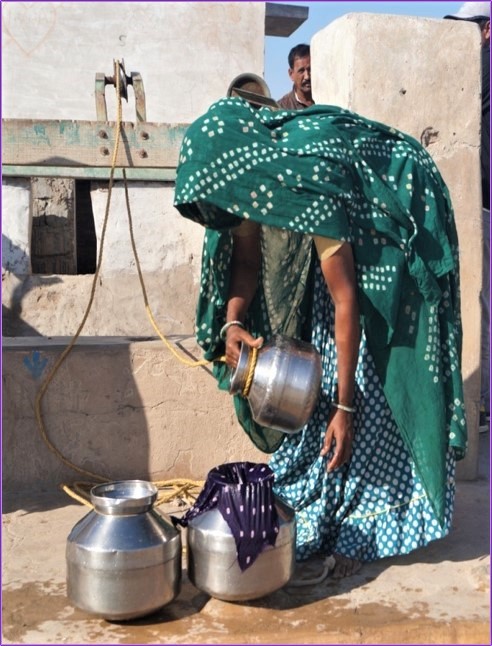
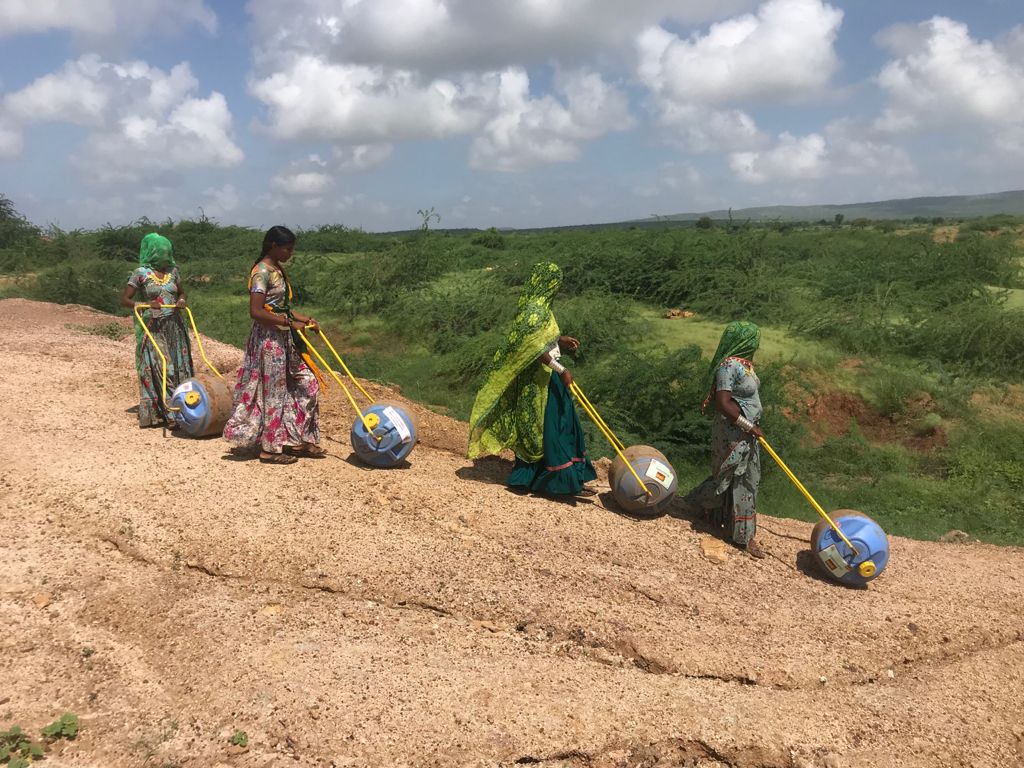
As we end our chat, is there a book you can leave people with that’s been meaningful to you and your development?
The book that has greatly influenced me a lot over the years is Asian Drama by Karl Gunnar Myrdal, a Swedish economist who wrote that there is poverty all around Asia and there is a dire need to improve the conditions of the poor. I thought why shouldn’t I be the one to work towards raising them out of poverty? I took early retirement from my job at the World Bank and set up IDRF to help the underprivileged in India, Nepal, and Sri Lanka, by putting power in their hands and not just charity. I have been greatly inspired by my family’s Gandhian values in realizing this and also helped by my family in doing it.
Contact Info:
- Website: https://www.idrf.org
- Instagram: idrf_dr.vinodprakash
- Facebook: https://www.facebook.com/IDRFUSA
- Linkedin: https://www.linkedin.com/in/idrf-vinodprakash/
- Twitter: https://x.com/IDRF_US
- Youtube: @IDRFUS
- Other: Charity Navigator:
https://www.charitynavigator.org/ein/521555563Guidestar:
https://www.guidestar.org/profile/52-1555563
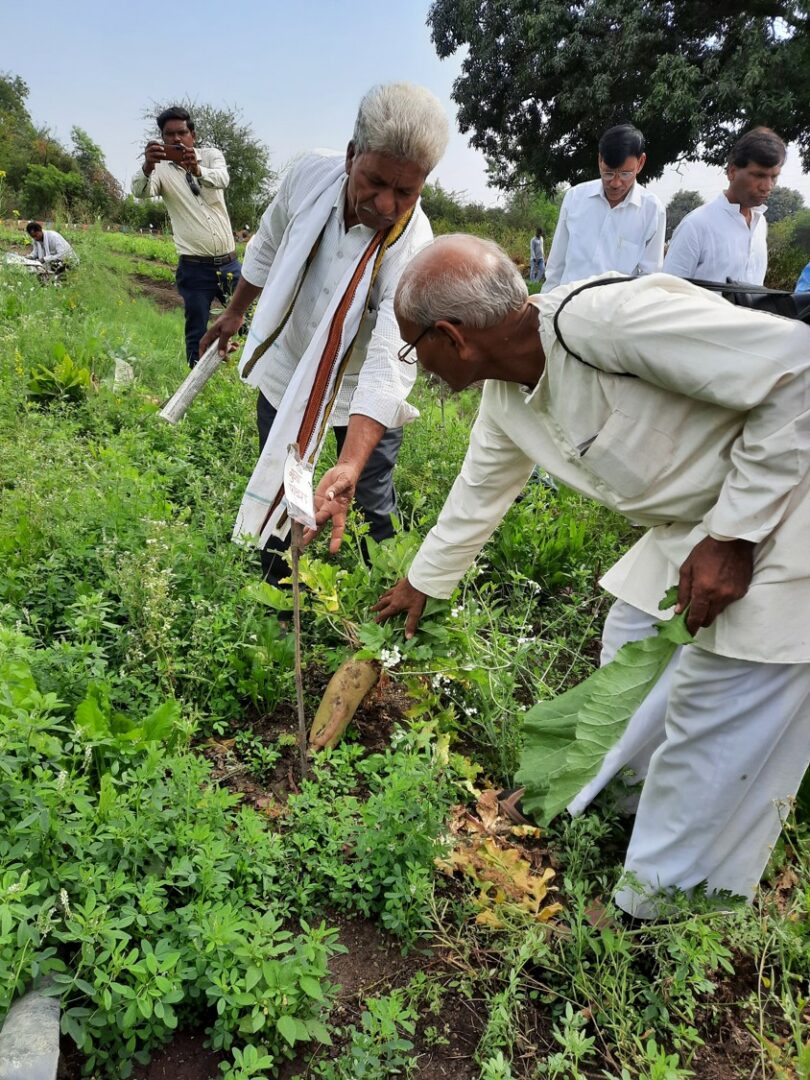
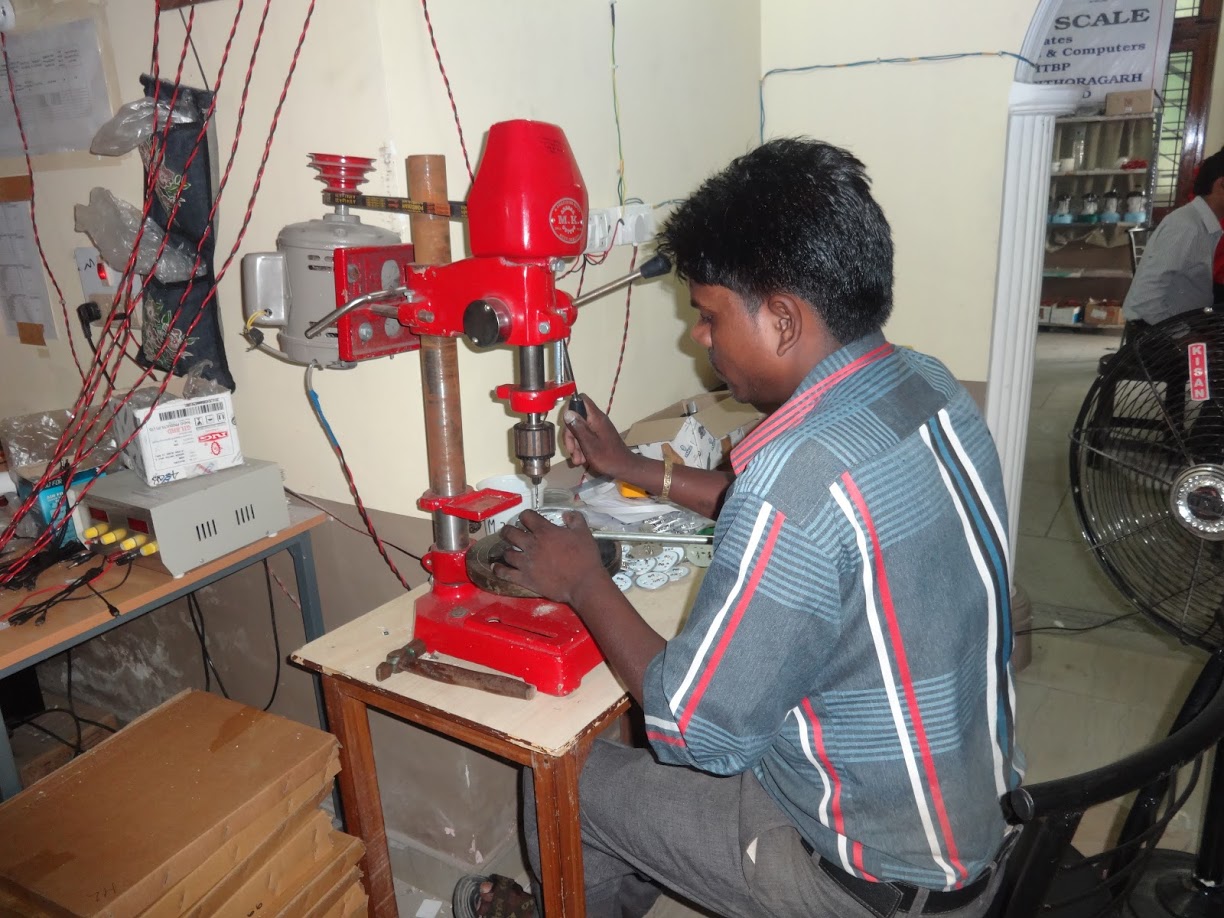
so if you or someone you know deserves recognition please let us know here.


